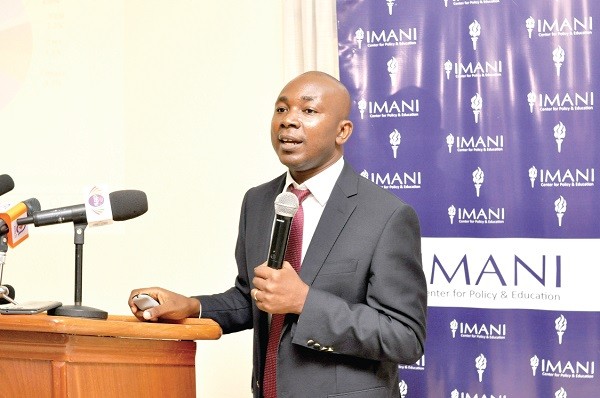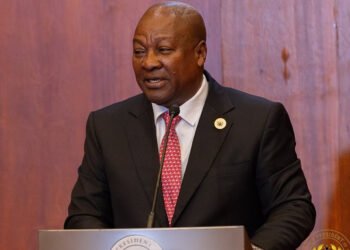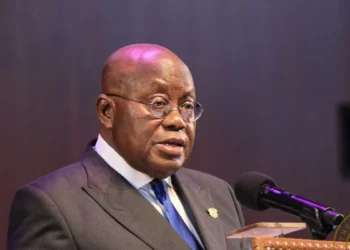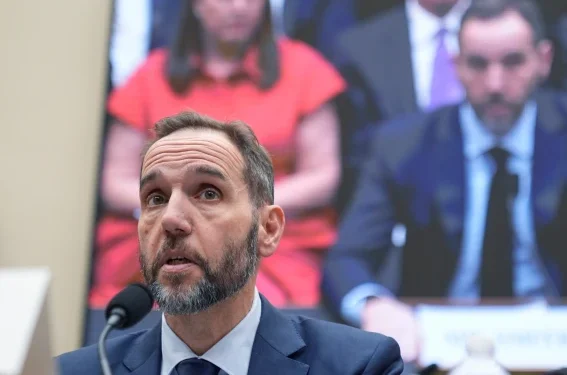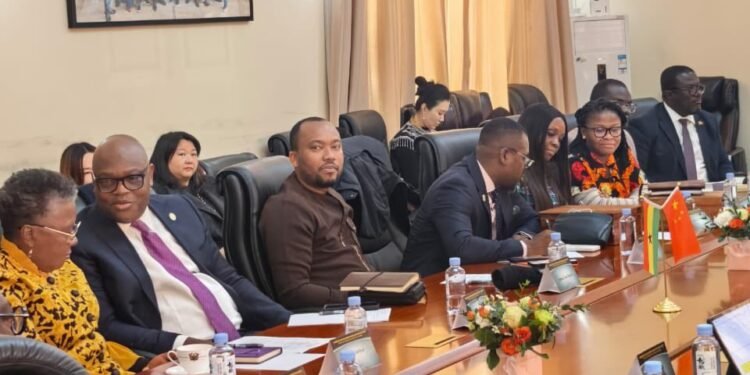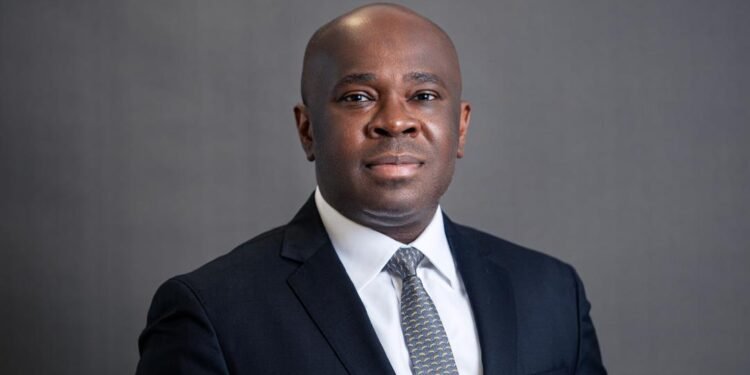Renowned economist and Professor of Finance at the University of Ghana Business School, Professor Godfred Bokpin, has welcomed the government’s rollout of the 24-hour economy policy, describing it as a bold step with great potential to address Ghana’s long-standing structural economic challenges.
However, while praising the direction of the initiative, Professor Bokpin underscored the need for stronger emphasis on policy continuity and institutional integration, warning that without deliberate steps to consolidate and build on past interventions, the new policy risks becoming another unfulfilled ambition.
Speaking in a detailed analysis of the policy document, Professor Bokpin noted that the 24-hour economy initiative reflects a genuine effort by the government to transform Ghana’s economy into one that creates jobs, adds value to exports, and moves beyond dependency on unprocessed primary commodities.
“There are a lot of positives from the document. There’s a genuine attempt to move this economy forward, just as many other governments in the past have attempted to do”.
Professor Godfred Bokpin, seasoned Economist and Professor of Finance
He recalled the considerable public anticipation surrounding the 24-hour economic policy and commended the government for finally launching it.
Still, he was quick to caution that intentions alone do not equate to achievements. “Intentions must be backed by well-thought-out strategies and systems that can translate policy into tangible outcomes,” he stressed.
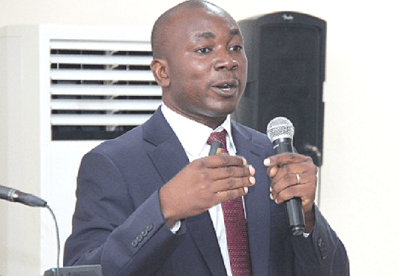
Professor Bokpin explained that he had examined the policy in relation to other major policy frameworks Ghana has adopted in the last two decades, including Ghana’s Shared Growth and Development Agenda II, Ghana Beyond Aid, and the Coordinated Programme of Economic and Social Development Policies (2017–2024).
From this comparative analysis, he concluded that the 24-hour economy policy was not fundamentally new in its diagnosis of Ghana’s economic challenges.
“In essence, we are still grappling with the same structural deformities inherited since independence. Our economy remains overly reliant on the export of raw materials—cocoa, gold, oil—all of which remain largely unprocessed. Even our so-called progress is simply the addition of oil and gas to the same old model.”
Professor Godfred Bokpin, seasoned Economist and Professor of Finance
Merit of the 24-Hour Economy
Nevertheless, he acknowledged the merit of the policy’s attempt to transition the economy from this inherited model toward a more value-added, manufacturing-driven structure.
He pointed out that while Ghana’s manufacturing sector has stagnated at around 12% of GDP since the 1960s, comparator countries like Malaysia and Thailand have significantly expanded their industrial bases. The new policy, he said, rightly identifies this as a gap that must be addressed.
Professor Bokpin was particularly encouraged by the policy’s focus on employment generation, noting that while Ghana has recorded positive GDP growth over recent decades, it has been largely “jobless growth.”
For him, the government’s goal of creating 1.7 million jobs under the policy, if executed effectively, could provide a meaningful solution to this persistent problem.
However, he cautioned that the policy’s success depends on how well it aligns with existing frameworks and whether the state can foster continuity in development programming.
“We must be deliberate in positioning policy interventions to ensure continuity. A lot of money has already been spent under previous initiatives like One District, One Factory (1D1F) and Planting for Food and Jobs. Businesses have benefited. We can’t discard these just because a new government wants to rebrand development”.
Professor Godfred Bokpin, seasoned Economist and Professor of Finance
Professor Bokpin emphasized that there are strong synergies between the new 24-hour policy and earlier programs under Ghana Beyond Aid and the IMF-supported economic reform agenda.
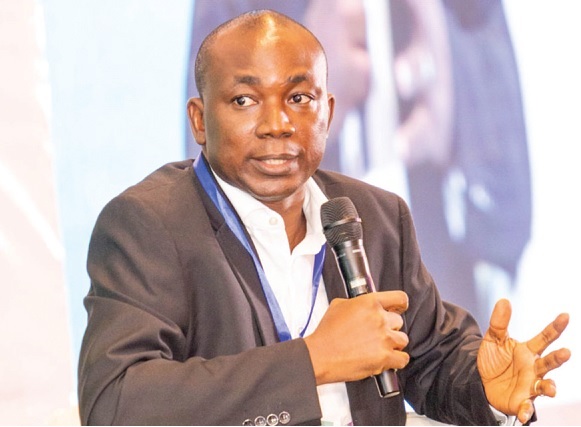
He observed that many of the economic development instruments proposed—such as fiscal incentives, monetary tools, and cross-cutting initiatives like digitization—mirror those in existing policies.
He argued that instead of reinventing the wheel, the government should strengthen institutional continuity and avoid creating parallel systems that increase the administrative burden.
This concern led Professor Bokpin to propose a low-cost implementation model that uses Ghana’s existing governance structures rather than new bureaucracies.
Lessons from IMF-Supported Programs
Drawing lessons from the IMF-supported programs, he noted that while Ghana has implemented over 17 of such programs, none required a stand-alone secretariat or a special authority.
“The IMF program continues across political regimes because it uses the structures within the ministries. That’s a low-cost and effective way to ensure continuity”.
Professor Godfred Bokpin, seasoned Economist and Professor of Finance
According to Professor Bokpin, the proliferation of development authorities and secretariats with separate budgetary allocations has only led to increased administrative costs since the inception of the Fourth Republic in 1992.
“What is the value of all this extra cost? We already have civil servants, decentralized government systems, and professionals trained to implement development policies. We should work through them”.
Professor Godfred Bokpin, seasoned Economist and Professor of Finance
He warned that building new standalone authorities or secretariats around the 24-hour policy might isolate it from the larger policy ecosystem, undermining its long-term sustainability.
“You kill the policy quickly when it becomes a silo. It must be infused within the existing structures to foster ownership and acceptance,” he said, referencing the three core tests of successful policy implementation: feasibility, suitability, and acceptability.
Professor Bokpin also encouraged the government to approach the implementation of the policy with humility and a mindset of policy inheritance, rather than political ownership.
“Sometimes we struggle to share credit for development initiatives, which is why new governments want to dissociate from the previous ones. But true transformation comes from building on what has already been done”.
Professor Godfred Bokpin, seasoned Economist and Professor of Finance
He cited the 24-hour policy’s nod to the Volta Lake Corridor and other long-abandoned economic potentials first envisioned by Dr. Kwame Nkrumah, arguing that these examples reinforce the need for visionary, long-term continuity in policy design and execution.
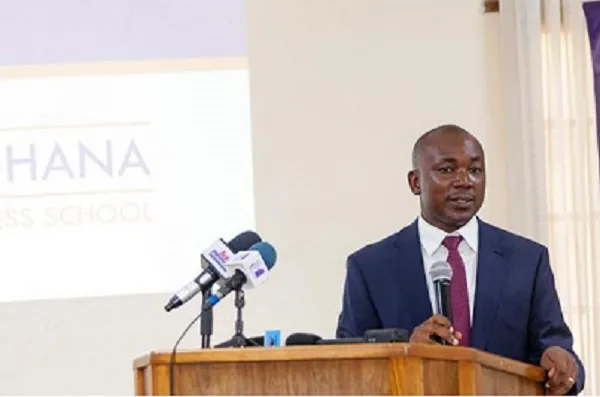
In conclusion, Professor Bokpin expressed optimism about the 24-hour economy rollout, reiterating that it holds promise for restructuring Ghana’s economy if approached with strategic foresight, fiscal discipline, and institutional integration.
“This policy, if well implemented, can go a long way to shift the development paradigm. But we must make sure it doesn’t become another policy document gathering dust. Implementation is everything”.
Professor Godfred Bokpin, seasoned Economist and Professor of Finance
He called on policymakers to resist the temptation of political branding and instead focus on building consensus and credibility through transparent, inclusive, and sustained national development planning.
For Professor Bokpin, the measure of success will not lie in the beauty of the policy document, but in its ability to survive political transitions and deliver lasting, people-centered outcomes.
READ ALSO: GIIF, AfDB, and 24H+ Secretariat Sign Landmark Agreement to Develop Volta Economic Corridor

